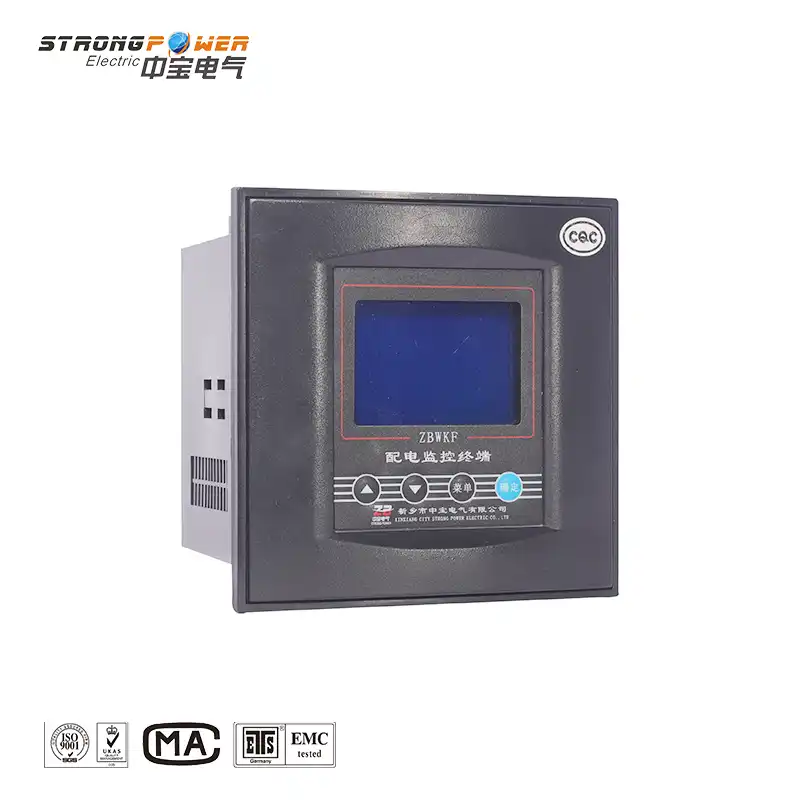What is a power factor controller?
A power factor controller is an electrical device employed to monitor and regulate the power factor within an electrical system. Power factor, a crucial parameter in power systems, denotes the ratio between real power and apparent power. This controller manages the activation of capacitor banks and equipment associated with reactive power compensation cabinets. Its primary function entails monitoring the phase difference between current and voltage, along with the power factor within the system, and subsequently adjusting the power factor value as necessary by controlling the connection of capacitors or inductors.

What is the function of power factor controller?
The primary role of the power factor controller is to monitor and regulate the power factor within the power system. A favorable power factor is crucial for enhancing system efficiency, minimizing energy losses, reducing power expenditures, and prolonging equipment longevity.
Through the control and adjustment of the power factor, the power factor controller can achieve the following functions:
- Enhance system energy efficiency: By optimizing the power factor, the reactive power within the system is minimized, thus enhancing overall energy efficiency.
- Mitigate energy losses: An improved power factor can diminish losses within the power grid, thereby curbing energy wastage.
- Lower power expenses: Improving the power factor can lead to reduced additional charges on power bills, such as penalties imposed by power companies for low power factors.
- Prolong equipment lifespan: By minimizing distortion in current and voltage waveforms within the system, power factor controllers can reduce equipment heat losses and extend the lifespan of equipment.



